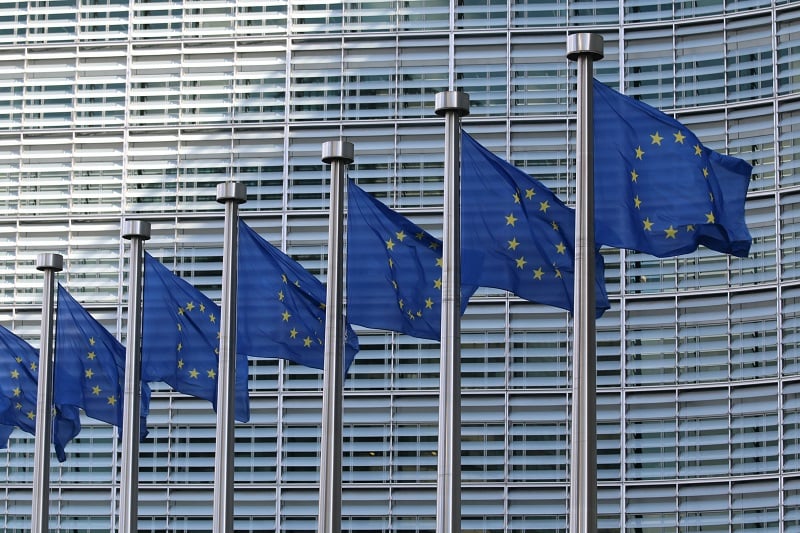
In light of the EU’s ongoing review of sustainable finance regulations, there is an opportunity to both strengthen and streamline the approach to stewardship. This paper calls for the creation of a voluntary, principles-based EU Stewardship Code, supported by targeted regulatory reforms, to harmonise expectations and reduce reporting burdens, improve transparency, and enable effective engagement across asset classes and member states.
Investor stewardship can play a critical role in fostering sustainable long-term value creation and encouraging behavioural change to support the transition efforts of investee companies in line with the EU’s net zero commitments. But, to fulfil this role, investors need a coherent, EU-level approach to stewardship that transcends national boundaries.
This paper identifies an opportunity for the EU to strengthen its support for investor stewardship practices, both through the provision of an EU-wide stewardship code, to help streamline reporting requirements across member states, and targeted regulatory amendments.
From a policymaker perspective, a coherent regulatory baseline for corporate governance and stewardship alongside a voluntary EU stewardship code could help unlock the full potential of stewardship as a lever for sustainable finance and long-term value creation.
Key recommendations include:
- Integrate voluntary and regulatory approaches: Align voluntary initiatives with regulatory frameworks to facilitate stewardship as a contributor to sustainable finance, decarbonisation, and long-term economic competitiveness.
- Establish an EU stewardship code: Introduce a regulatory-backed EU stewardship code with clear principles and standardised definitions for engagement, escalation, and sustainability integration, building on existing national codes.
- Protect investor rights across asset classes: Improve annual general meeting (AGM) practices and voting mechanisms to ensure shareholders can effectively exercise their rights and influence corporate behaviour, while extending stewardship regulation across appropriate asset classes.
- SRDII and SFDR alignment: Conduct a coordinated review of the Shareholder Rights Directive II (SRD II) and the Sustainable Finance Disclosure Regulation (SFDR) to align stewardship-related disclosures, extend engagement expectations beyond listed equities, and promote collaborative engagement.
- Ensure access to decision-useful data: Safeguard the availability of meaningful data under the Corporate Sustainability Reporting Directive (CSRD) and European Sustainability Reporting Standards (ESRS) to support informed shareholder engagement and voting.
The transition to a decarbonised global economy will be one of the defining trends of the next decade and beyond, presenting opportunities and challenges to investors and policymakers alike.
Investor stewardship can play a critical role in fostering sustainable long-term value creation and encouraging behavioural change to support the transition efforts of investee companies in line with the EU’s net zero commitments. But, to fulfil this role, investors need a coherent, EU-level approach to stewardship that transcends national boundaries.